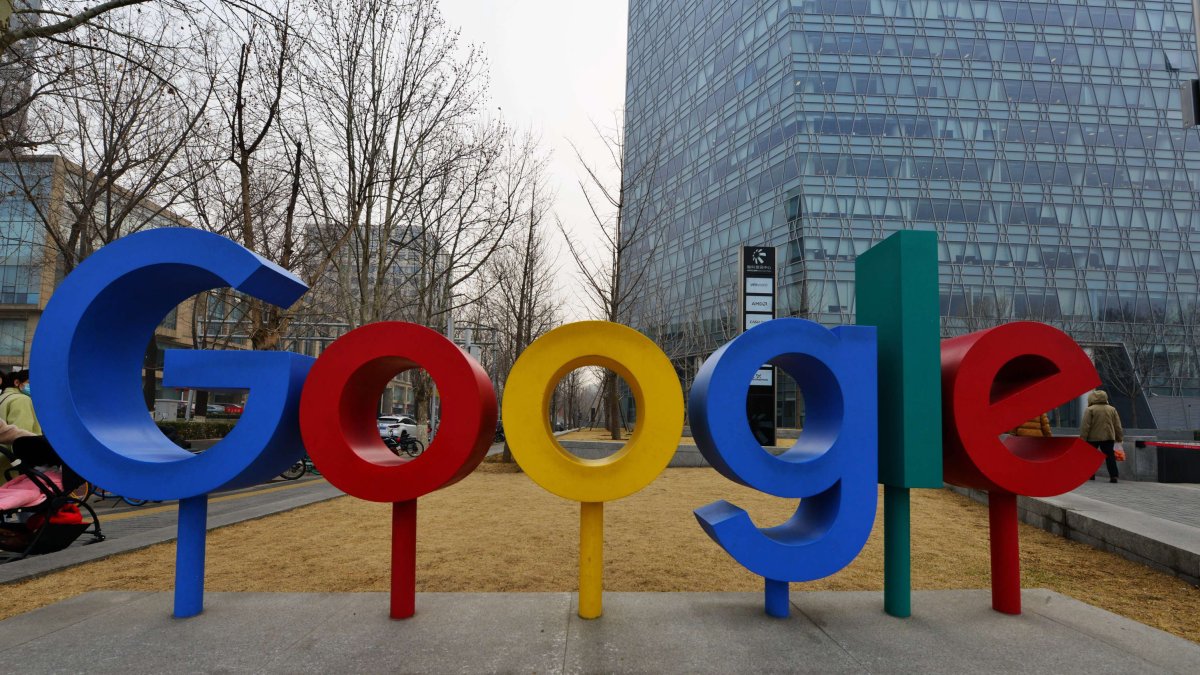DOJ considers splitting up Google to end its monopoly
The agency filed a brief proposing several measures, described as "radical" by the tech giant.

Google logo in front of one of its headquarters.
The Department of Justice (DOJ) stated that it is reviewing a series of measures to address Google’s "anticompetitive conduct" against potential rivals in digital markets, which effectively grants a de facto monopoly to the company. Among the solutions being considered is the partitioning of the technology giant.
In a "Framework of remedies proposed by plaintiffs" that the DOJ itself made public at the beginning of the trial against Big Tech, it lists the initiatives that could be implemented by the Administration to end "Google’s control of distribution today" and ensure that the tech giant "cannot control the distribution of tomorrow."
"Behavioral and structural remedies"
Thus, in order to "prevent and restrain the maintenance of monopoly," the DOJ proposed several initiatives that "could include contractual requirements and prohibitions; product nondiscrimination requirements; data and interoperability requirements; and structural requirements."
In addition, Merrick Garland's department noted that it was "considering behavioral and structural remedies that would prevent Google from using products such as Chrome, Play and Android to favor Google search and Google search-related products and features - including hotspots and emerging search features, such as artificial intelligence - over rivals or new entrants."
The DOJ also proposed limiting or prohibiting default agreements with third-party companies and "other revenue-sharing arrangements related to search and search-related products." For example, Google's search position agreements with Apple's iPhone and Samsung devices, and for which Big Tech pays billions of dollars annually. The agency noted that a "choice screen" could be required, which would give users the option to choose which search engine they want to install and use on their device.
Google announces it will appeal
From Google, Lee-Anne Mulholland, vice president of Vice Regulatory Affairs called the DOJ's proposals "radical" and denounced, in a post on her blog, that the Biden-Harris Administration is unaware of the consequences they would cause if implemented:
"This case concerns a set of search distribution contracts. Rather than focus on that, the government seems to be pursuing a sweeping agenda that will impact numerous industries and products, with significant unintended consequences for consumers, businesses, and American competitiveness."
Resolution of the case, however, is not expected to be swift. Judge Amit Mehta indicated that he expects to be able to rule on the proposed remedies before August next year and warned that an appeal by Google -which has already said it will appeal- will drag out the final decision for several years.

























